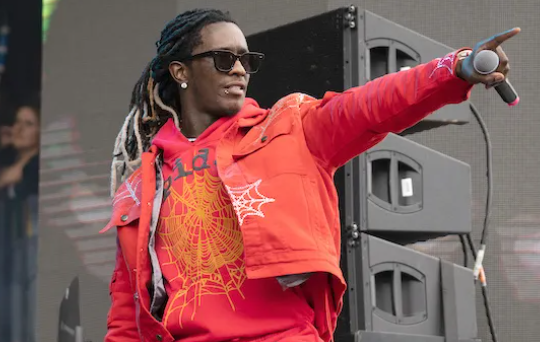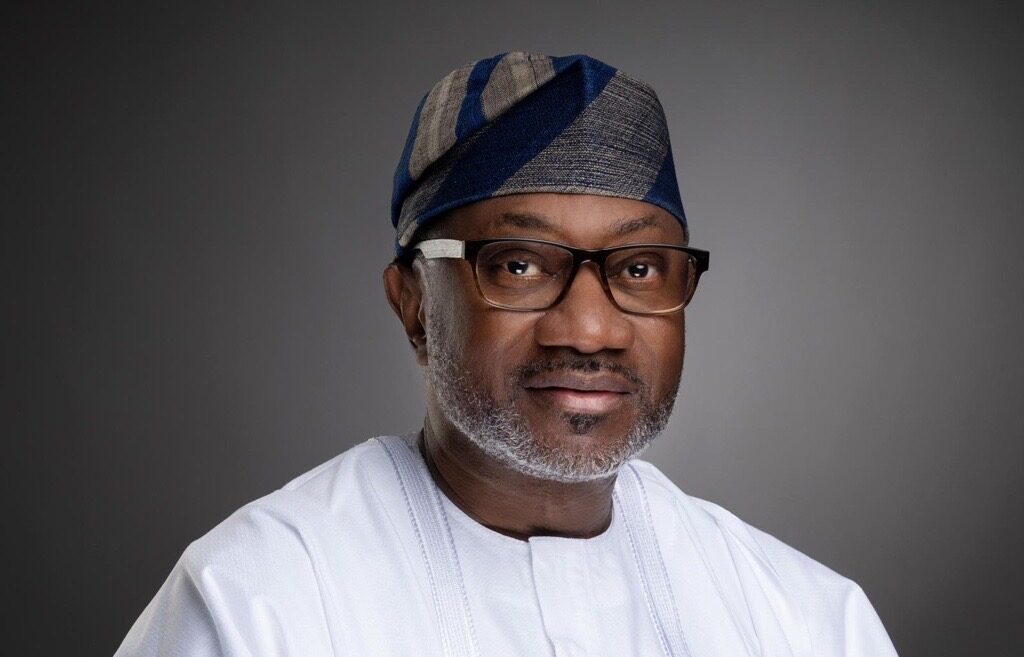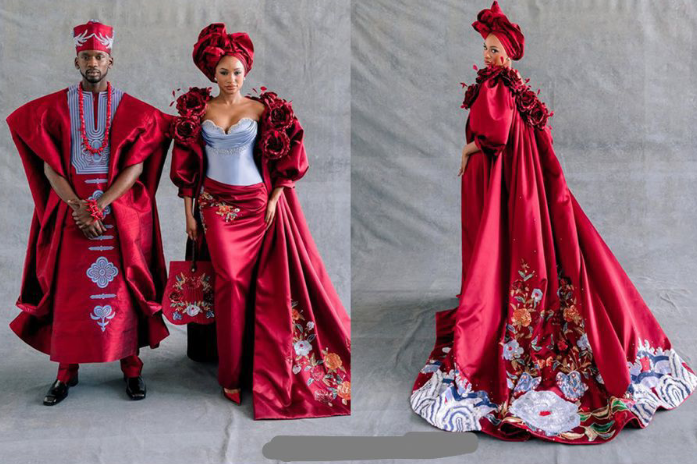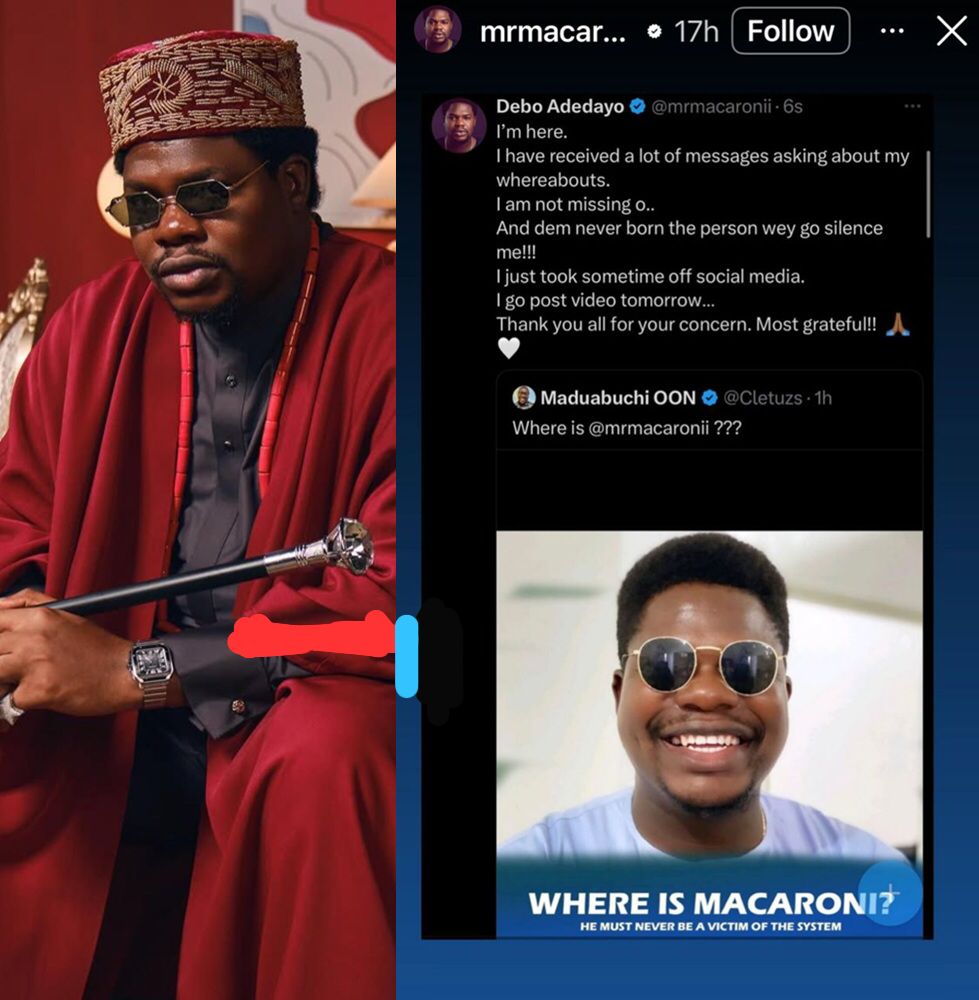
Young Thug Sparks Firestorm as He Says He Doesn’t Trust Gay Men Who Hide Their Sexuality

Rapper Young Thug has once again ignited heated conversations on social media after his appearance on the Perspektives with Bank podcast where he openly discussed his views about gay men who do not disclose their sexuality early on. The Atlanta-born star, known for his flamboyant style, musical genius, and controversial opinions, drew sharp reactions from fans and critics alike when he said he does not feel comfortable around men who first present themselves as straight only to later come out as gay. According to him, that shift feels like a betrayal of trust, comparable to being informed on by a close friend to the police.
In the viral clip making the rounds, Young Thug spoke candidly about how he processes identity and trust in friendships, making clear that his issue is not with men who are openly gay but with those who he claims present themselves differently before revealing their true sexuality. In his words, “I don’t care if I meet a gay man and he tells me he’s gay. That doesn’t bother me. But if I look at you as a man in a certain light, and we’re out there f***ing girls together, and then later I find out you’re gay, there ain’t really nothing you can say to me.” He went further to explain that the revelation of someone’s sexuality after years of brotherhood or camaraderie changes how he perceives them and affects the authenticity of their bond.
While the rapper insisted that he was not homophobic and repeatedly stressed that he supports the LGBTQ+ community—going as far as highlighting that he employs gay people in his team—his comments nonetheless landed as dismissive to many. Critics accused him of feeding into harmful stereotypes and reinforcing the idea that queer men who are not immediately forthcoming about their sexuality are somehow deceptive. The backlash was immediate, with thousands of social media users pointing out that coming out is often a deeply personal and sometimes dangerous process, especially in industries and communities where being openly gay can invite rejection, discrimination, or even violence.
The tension in Young Thug’s remarks stems from his attempt to balance acceptance with what he frames as a matter of personal trust. For many listeners, his analogy comparing a gay man’s later coming out to being betrayed by a friend who calls the police was troubling. They argue that equating sexual identity disclosure to criminal snitching dehumanizes the struggle of LGBTQ+ individuals who often wrestle with societal pressure before publicly embracing who they are. Social commentators have noted that such rhetoric may perpetuate a culture of silence where gay men feel unsafe about being transparent from the start.
Young Thug’s words have sparked broader debates about masculinity, brotherhood, and sexuality in hip-hop—a genre that has often wrestled with accusations of homophobia even while celebrating individuality and self-expression. Hip-hop culture has long been criticized for creating environments where hypermasculinity dominates, and men feel the need to constantly prove toughness, dominance, and heterosexuality. This culture makes it difficult for gay rappers or fans to freely exist without facing scrutiny. By positioning trust as contingent upon someone’s upfront disclosure of their sexuality, critics argue that Young Thug may unintentionally be pressuring people into revealing parts of themselves before they feel safe enough to do so.
Supporters of the rapper, however, defend him by saying his comments are not about hatred but about his personal comfort zones. Some of his fans argued online that he was speaking his truth, explaining how sudden revelations of sexuality might feel confusing for men who had previously bonded in what they perceived as a heterosexual context. These defenders say Young Thug deserves credit for openly admitting he has no problem working with or being around openly gay people, noting that many other rappers in the industry are less transparent about their biases.
Still, the backlash has been fierce, with LGBTQ+ advocates emphasizing that the burden should not fall on gay men to disclose their sexuality immediately to make others comfortable. They argue that expecting someone to announce their identity at first encounter is unrealistic and disregards the complexities of personal journeys. Several activists took to Twitter and Instagram to condemn the rapper’s statements, calling them a thin veil for homophobia dressed up as honesty. “You can’t claim to support us while also equating our lives to betrayal,” one activist wrote. “What he’s really saying is he only accepts gay men on his own terms, not on theirs.”
For an artist like Young Thug, whose career has often thrived on pushing boundaries—from wearing dresses on magazine covers to redefining rap’s sonic palette—his stance has left many puzzled. Some fans expected him to be more progressive given his track record of embracing eccentricity and individuality. Others, however, point out that his complicated relationship with masculinity has always been layered, and his comments merely reflect the contradictions within hip-hop culture itself.
The controversy has not only raised questions about Young Thug’s views but also about the wider entertainment industry. Many have noted how LGBTQ+ representation in music has grown over the years with artists like Lil Nas X, Frank Ocean, and Saucy Santana openly living their truth and challenging traditional stereotypes. The progress, however, is still fragile, and moments like this remind the world how far there is to go. Critics believe that when influential artists like Young Thug make such remarks, it risks normalizing discomfort toward LGBTQ+ identities and sends a harmful message to fans who might already be struggling with acceptance.
Despite the criticism, Young Thug remained adamant in the podcast that his feelings were not rooted in hate but in personal boundaries. He emphasized that his stance had nothing to do with rejecting people for who they are but everything to do with how sudden changes in identity affect his perception of relationships. Whether or not that explanation will be enough to calm the storm remains to be seen. In the court of public opinion, where every word is dissected and amplified online, the rapper may need to provide more clarity or risk alienating an entire community of listeners who once saw him as an ally.
As the debate rages on, the incident serves as yet another reminder of how conversations around sexuality, identity, and masculinity continue to evolve in mainstream culture. For Young Thug, the fallout may be reputational, but for countless LGBTQ+ fans, it is a deeply personal matter about how safe they feel in spaces that often claim to celebrate diversity while quietly policing it. Whether his remarks were born out of ignorance, personal discomfort, or misplaced honesty, one thing is certain: they have sparked a necessary conversation about trust, identity, and the cost of silence in a world still learning to fully embrace everyone as they are.


